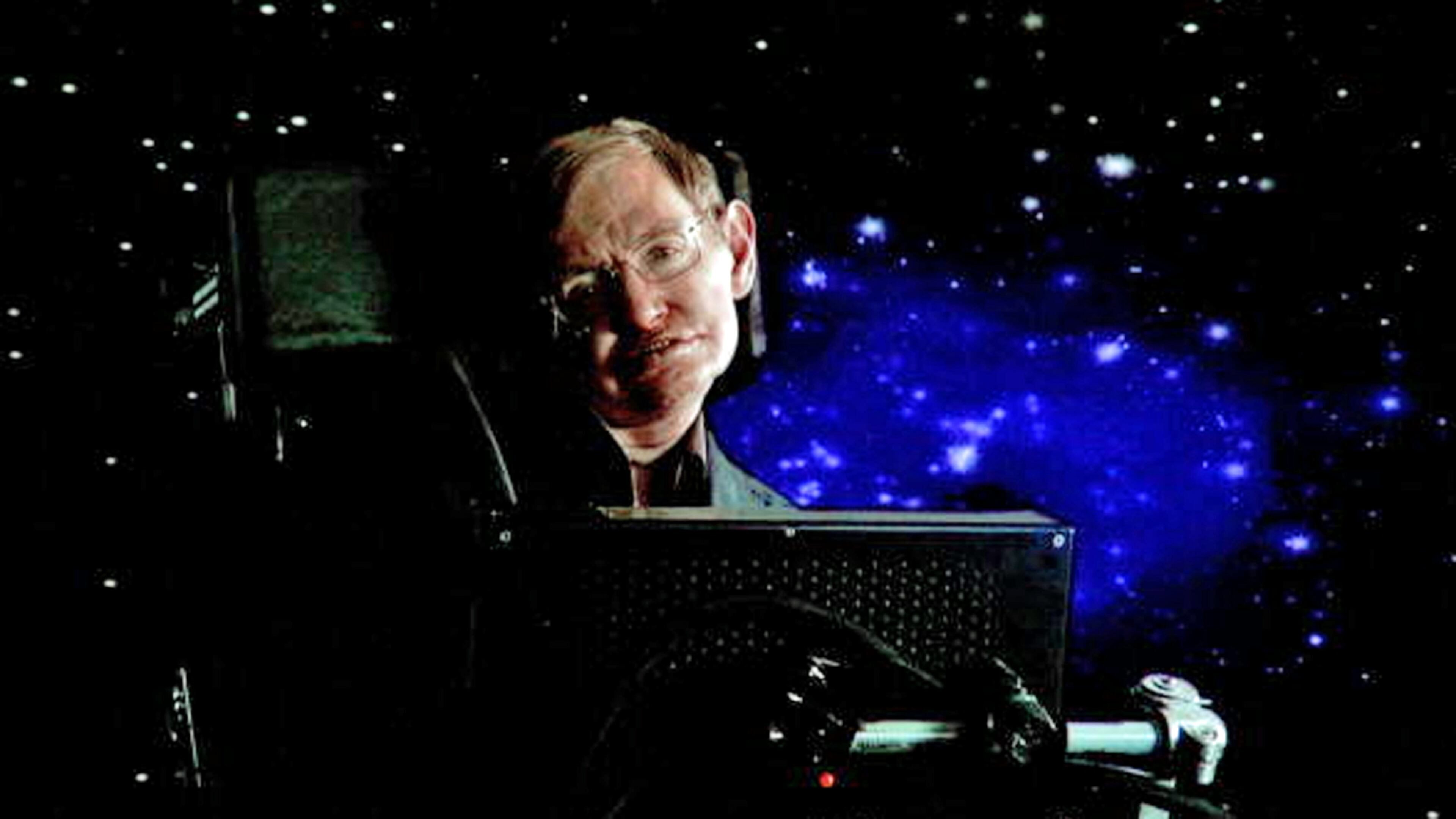Renowned physicist and professor Stephen Hawking dead at 76
Professor Stephen Hawking died at his home in Cambridge, England, Wednesday. He was 76.
According to a statement released by a family spokesperson, Hawking died peacefully in the early hours of the morning.
His children issued the following statement:
"We are deeply saddened that our beloved father passed away today. He was a great scientist and an extraordinary man whose work and legacy will live on for many years. His courage and peristence with his brilliance and humour inspired people across the world. He once said, 'It would not be much of a universe if it wasn't home to the people you love.' We will miss him forever."
The family said in their statement that the “University of Cambridge has very kindly offered to open a book of condolence at Gonville and Caius College for anyone who would like to pay tribute to the life and work of Professor Hawking.”
Hawking was diagnosed with progressive and degenerative motor neuron disease in 1963 when he was 21 years old, according to Hawking.org, and given just two years to live by doctors.
He's defied those odds by more than 50 years. Most patients diagnosed with amyotrophic lateral sclerosis (ALS) live no more than roughly three years after diagnosis, according to the ALS Association.
Despite the disease, he was able to communicate from his motorized wheelchair using his cheek muscle attached to a speech-generating computer.
While the illness may have forced Hawking into a wheelchair and left him voiceless, it never slowed down his intellect or genius and, if anything, seemed to accelerate his scientific drive and ambition. He spent 30 years as a professor at Cambridge, and, in addition to his scientific accomplishments, he's also a prolific writer and penned one of the most iconic books of the 20th century "A Brief History of Time," making him one of science's biggest celebrities since Albert Einstein.
The Associated Press contributed to this report.


